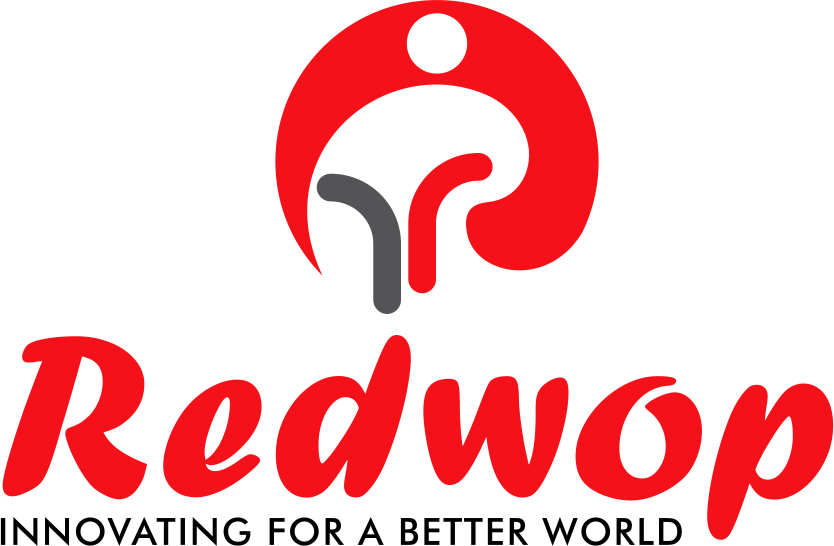Why Flexible Tile Adhesives Are Critical for RCC Structures and Dynamic Surfaces
Introduction
Reinforced Cement Concrete (RCC) forms the structural base for most modern buildings — from slabs and columns to decks and facades. However, RCC surfaces are never completely static. They experience minor but continuous movement due to temperature variation, dynamic load, and drying shrinkage. When rigid or low-flexibility adhesives are used over these substrates, even small movements can result in tile cracking, edge lifting, or debonding.
Flexible tile adhesives are formulated to handle these stresses. By incorporating polymers that allow controlled deformation, they help maintain adhesion strength even when the substrate moves.
Common Question Asked:
Q1. Do flexible tile adhesives really make a difference on RCC structures?
Yes. Flexible adhesives accommodate thermal and mechanical movement within RCC without transferring stress to the tile layer, maintaining long-term bonding performance.
Understanding Movement in RCC Substrates
RCC expands and contracts with temperature and load cycles.
- Thermal expansion occurs during day–night or seasonal temperature changes.
- Dynamic vibration results from footfall, vehicular movement, or nearby machinery.
- Shrinkage develops as concrete cures and loses moisture.
Each of these factors causes microscopic shifts in the substrate plane. When a rigid tile adhesive is used, these shifts generate shear stresses at the tile–adhesive interface. Over time, these stresses lead to detachment, particularly on terraces, podium slabs, parking decks, and industrial floors where thermal and mechanical loads are high.
What Defines a Flexible Tile Adhesive
Flexibility in tile adhesive is determined by its deformability — the ability to absorb movement without loss of bond. Under EN 12004 standards:
- C2 indicates improved cementitious adhesive.
- S1 indicates deformable adhesive (flexibility ≥ 2.5 mm).
- S2 indicates a highly deformable adhesive (flexibility ≥ 5 mm).
This flexibility is achieved through polymer modification of cementitious binders. Polymers form an elastic film within the matrix, allowing the adhesive to tolerate limited movement while maintaining contact with both tile and substrate.
For RCC surfaces, C2S1 or higher adhesives are recommended.
Why Flexibility Matters on Dynamic Surfaces
- Thermal Compatibility
Tiles and RCC have different coefficients of thermal expansion. A flexible adhesive compensates for this mismatch, preventing cracking when temperature fluctuates. - Vibration Resistance
In high-traffic or machinery areas, vibration is transmitted through the substrate. Polymer-rich adhesives dissipate this energy, reducing stress on the bond line. - Reduced Debonding and Hollow Voids
Flexible adhesives maintain consistent coverage and prevent micro-voids that cause hollow sounds or localized detachment. - Long-Term Durability
Elastic deformation under load prevents shear failure, extending service life even in exposed or heavy-use zones.
Adhesive Selection for RCC and Structural Slabs
When selecting an adhesive for RCC substrates, consider:
- Deformability class (S1/S2) as per EN 12004.
- Polymer content for elasticity and bond strength.
- Water-retention ability, which ensures proper curing on dense RCC.
- Thermal resistance if used in exposed environments.
Redwop Recommendations
TERATILE GOLD – TERATILE GOLD is suitable for vitrified and ceramic tiles on RCC walls and floors. It offers good flexibility, water retention, and workability for medium-load applications.
TERATILE PLATINUM – TERATILE PLATINUM is high-performance adhesive formulated for dynamic and heavy-duty conditions such as terraces, podiums, and industrial floors. Its enhanced polymer system provides superior deformability and resistance to vibration and temperature variation.
Installation Best Practices on RCC Surfaces
- Surface Preparation
Ensure the RCC surface is fully cured, free from dust, laitance, and oil. Slightly roughen smooth surfaces for better mechanical key. - Priming
On highly absorbent or very smooth RCC, apply a suitable primer or bonding agent before adhesive application. - Adhesive Application
Use a notched trowel (6–10 mm) and maintain consistent bed thickness of 3–5 mm. - Back-Butter Large Tiles
Apply a thin adhesive layer on the tile’s underside to achieve full coverage. - Movement Joints
Provide expansion joints at 3–4 m intervals and at structural discontinuities to accommodate thermal expansion. - Curing and Protection
Allow the adhesive to set for at least 24 hours before grouting, and protect the area from heavy load during curing.
Conclusion
RCC surfaces continuously undergo minor movement caused by structural dynamics and temperature changes. Using a flexible tile adhesive allows these movements to occur without compromising tile bonding or surface integrity.
Products such as TERATILE GOLD and TERATILE PLATINUM provide the balance of adhesion strength, polymer flexibility, and durability required for these demanding applications.
For guidance on selecting the correct adhesive for RCC, industrial, or exposed flooring systems, Contact technical support team.
FAQs
-
1. What kind of tile adhesive is used in metro or airport projects?
High-performance polymer tile adhesives (C2TES1 or higher) such as TERATILE PLATINUM are ideal for vibration-heavy, high-traffic environments.
-
2. Is epoxy tile adhesive better for industrial floors?
Yes. Epoxy tile adhesive provides exceptional bonding, vibration resistance, and chemical durability in harsh industrial environments.
-
3. Why do tiles debond in high-vibration areas?
Inadequate flexibility or weak adhesion causes micro-movements that break the bond over time.
-
4. Can I use normal floor tile adhesive for machinery zones?
No. Always use a flexible or epoxy-based tile adhesive designed for vibration and mechanical load.
-
5. Which is the best tile adhesive for heavy-duty applications?
TERATILE PLATINUM and TERATILE GOLD by Redwop are among the best tile adhesives for industrial, airport, and metro flooring applications.



